Entering kindergarten is an exciting milestone. Often considered the first year of "real" school, kindergarten marks the beginning of formal academics, navigating relationships with classmates, and greater independence. So, it's natural for parents of soon-to-be kinders to wonder if their little one is prepared for kindergarten.
If your child's first day of kindergarten is sneaking up, what can you do to enhance their school readiness? As a former Montessori teacher and mom of three, there are a few tricks I've learned along the way.

I also spoke with a kindergarten teacher of six years, Sabrinna Piasecki, who you can find at Teaching Little Mindss. She provided some wonderful insights on what to expect in kindergarten and how you can help your little one prepare.
Read on to see a kindergarten readiness checklist, how you can prepare your child, and what to expect.
What is Kindergarten Readiness?
"To me, kindergarten readiness isn’t just about knowing letters or numbers. It’s about a child being ready to explore, play, and learn in a group setting," says Piasecki. Other things Piasecki looks for include the ability to follow simple directions and a willingness to try things even if they're hard.
"I believe children learn best through play. So, being curious, open to trying new things, and beginning to express their feelings in healthy ways are all signs they’re ready," Piasecki explained.
As a former kindergarten teacher in a Montessori school, I agree that social skills and a good attitude are key to being ready for school. Although academic skills are important, your child doesn't need to know all their letters or be able to count to 100 to succeed in kindergarten.
It's helpful for teachers when children are comfortable completing activities independently. For example, your child should be able to color a picture or look at a book while you're doing something else.
Other important skills are understanding "no" and respecting others. Children should be able to manage feelings of disappointment appropriately.
A Kindergarten Checklist: Skills to Practice
"Over the summer, I’d love to see parents help their kids with simple, everyday things that build confidence," Piasecki says.
Here is a kindergarten readiness checklist of skills to practice before your little one starts kindergarten:
- Opening snack containers
- Putting on shoes
- Using the bathroom independently
- Playing nicely with others
- Taking turns (board games are great for practicing this skill!)
- Using words to express feelings
- Listening to books and stories
Don't worry about being perfect, Piasecki says. Parents should strive to "give their children tools to feel safe and capable in a classroom setting," she explained.
What are some other helpful activities to boost your child's development?
Arts and Crafts
Practice using scissors, glue sticks, and crayons while creating pictures. You can show your child how to make a collage by cutting out pictures from magazines or newspapers. This helps your child build fine motor skills and ensures they feel comfortable using school supplies.
Looking for more screen-free activities? Here are 38 engaging activities to try.
Cook and Bake
While cooking and baking, your child will practice lots of fine motor skills. Plus, as you work, you can chat about the ingredients and what you're doing, building your child's language skills. Also, enhance number awareness by counting cups of flour or slices of cucumber.
Involving your child in chores around the house, like cooking, can also boost executive function. This means your child can plan, make decisions, and complete tasks.
Build Emotional Skills
You can bring up emotions by reading books about feelings. Also, practice in the moment by narrating your child's feelings as you notice them. For example, "You seem really happy today!" or "You're upset and sad that it's time to leave."
Need more tips on managing big feelings? Try a Montessori approach to tantrums.

Should My 5-Year-Old Be Reading Before Kindergarten?
Not necessarily. If your child is an early reader, that's great! However, most children start learning to read during kindergarten. As with many developmental milestones, each child learns at their own pace.
To help your child, you can start building literacy skills at home. Reading together helps your child learn the essentials, such as:
- Reading is from left to right
- How to turn pages
- How to look at illustrations for clues that boost reading comprehension
- New vocabulary words and language skills
You can also start working with letters by teaching your child to write their name. One activity is to write your child's name in pencil and have your child trace the letters with a marker. Or, have your child write out their name using letter magnets on the refrigerator.
Common Questions with Ms. Piasecki
Here are some common concerns of parents and answers from Ms. Piasecki.
Question: What if my child is shy or quiet? Will they have a hard time?
Ms. Piasecki: Not at all. Every child is unique, and some just take a little more time to warm up and that’s okay. I make sure my classroom is a gentle, welcoming place where all personalities are valued.
I build relationships with each child and help them feel seen and safe. Often, quiet kids bloom once they feel comfortable, and I love watching that transformation.
Question: What if my child struggles with impulse control? Will they do okay at school?
Ms. Piasecki: Yes, they absolutely can still do well in school! Kindergarten is a place to learn those kinds of skills. It’s very normal for 4 and 5-year-olds to still be figuring out how to wait their turn, manage big feelings, or control impulses.
I use lots of routines, visuals, and calm redirection to help kids build those skills over time. Social-emotional learning is a big focus in my class, so they’ll be supported every step of the way.
Starting Kindergarten: An Important Milestone
Like many parents, when my oldest started kindergarten, I was emotional and a little nervous. Even though I've taught kindergarten myself, I still worried about him. Would he feel scared? Would he like his teacher? Of course, he had a great time and loves school to this day.
Parent to parent, here's a bit of reassurance. Your child is most likely ready for kindergarten and will have a great time! The first day of school is often harder for us parents than the kids (although some tears are normal). So, send them off with confidence.
It can also be helpful to remember that your child's teacher also wants what's best for your little one. If you have concerns about your child's progress, let the teacher know.
Are you preparing for kindergarten this summer? Let us know how it's going in the comments below.
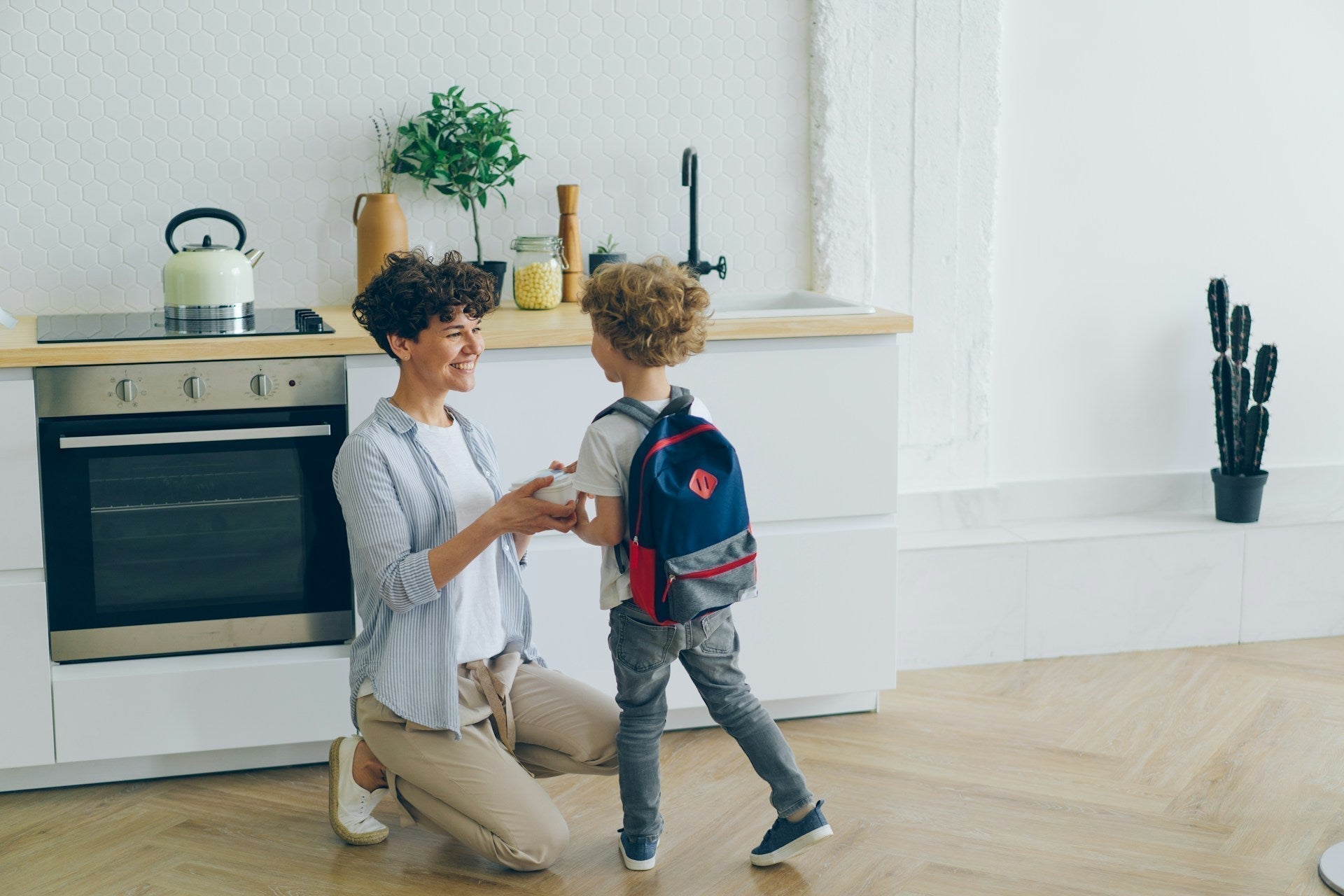

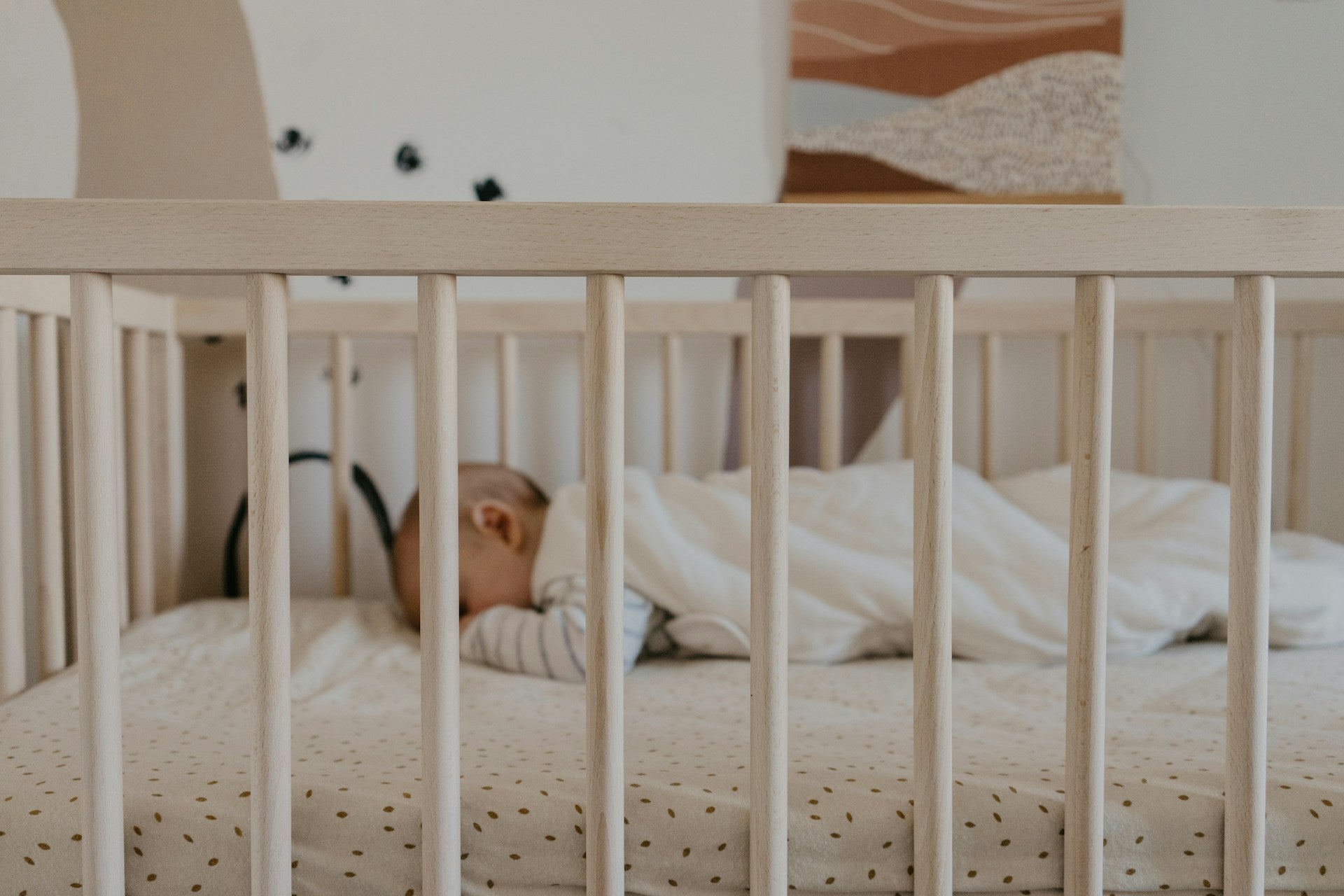
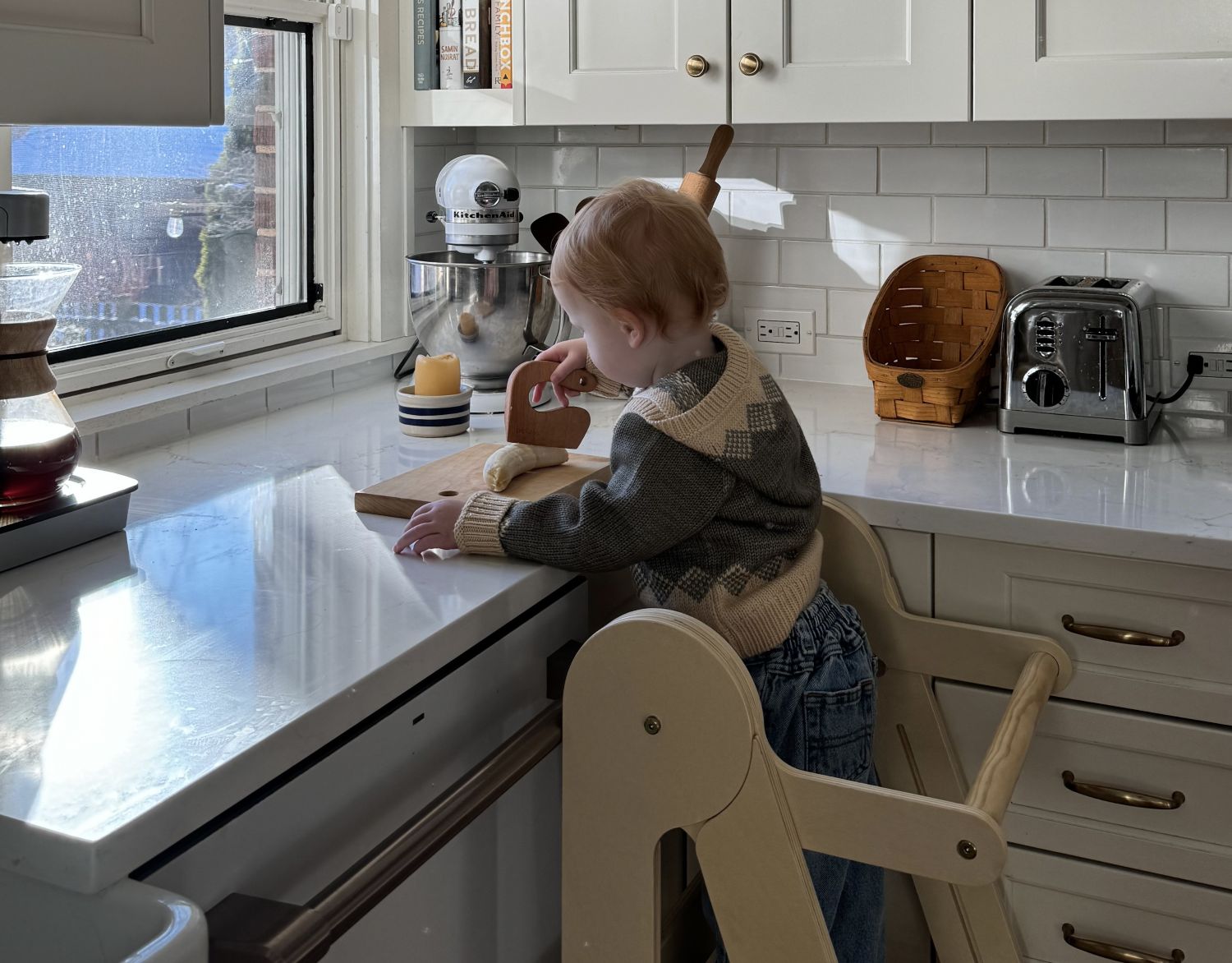
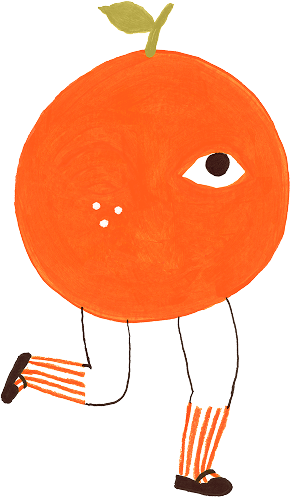
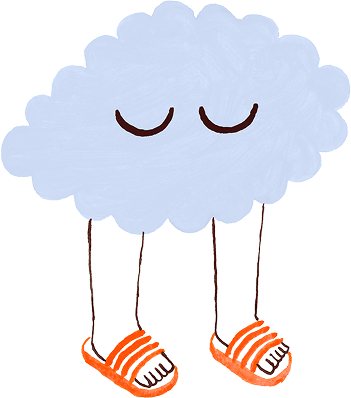
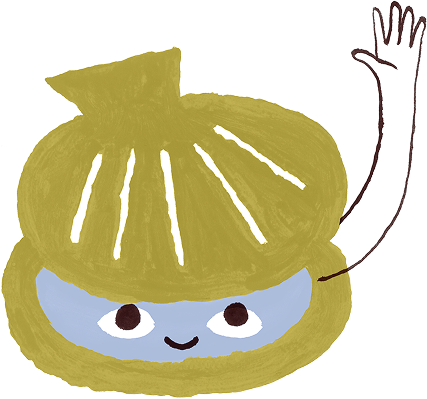
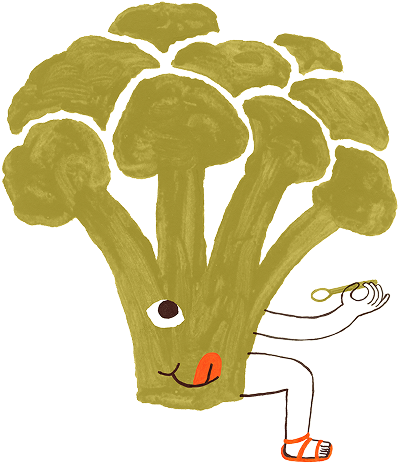
Leave a comment
This site is protected by hCaptcha and the hCaptcha Privacy Policy and Terms of Service apply.